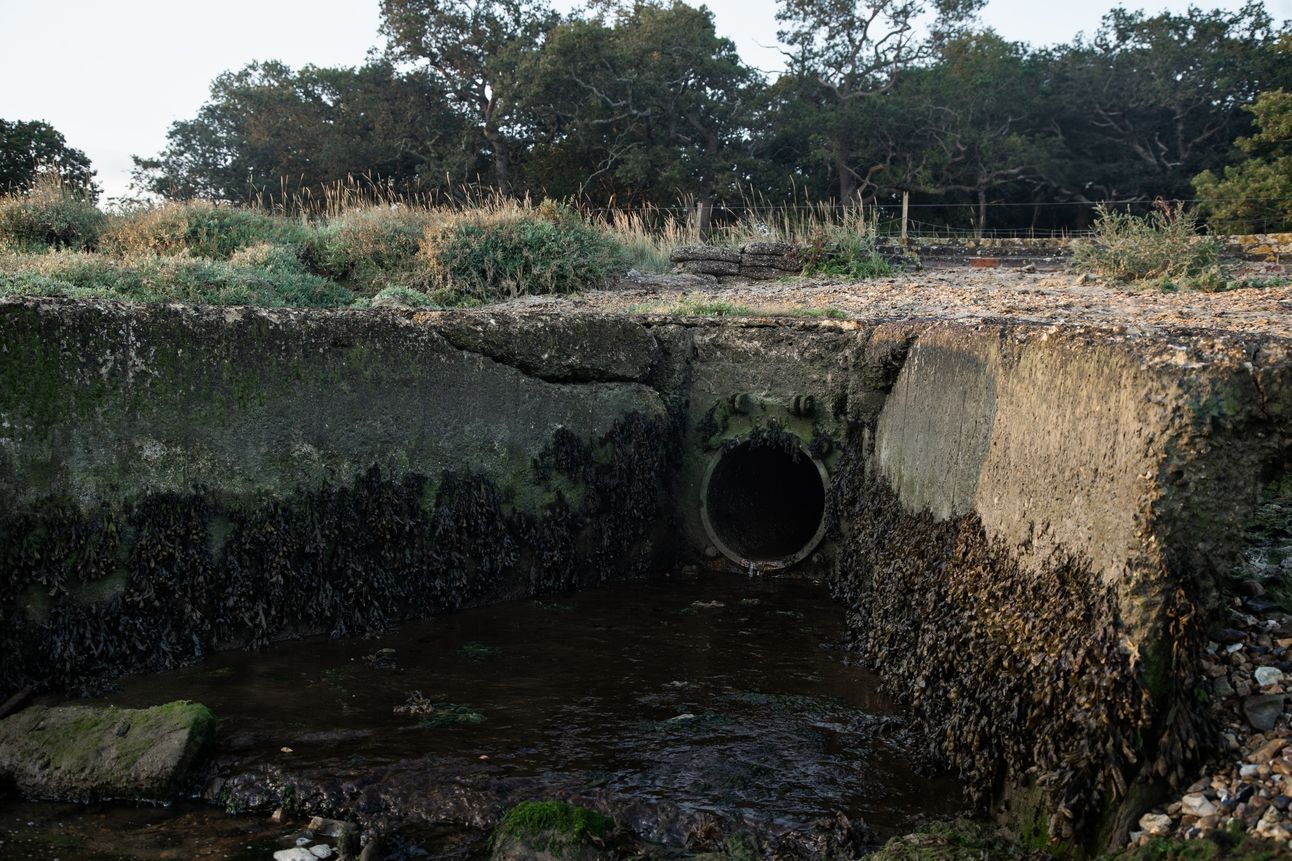Recent investigations have revealed that England's major water and sewage companies are employing deceptive tactics to downplay their environmental impact, particularly concerning sewage pollution. A study published in Nature Water found that these companies utilise strategies reminiscent of those used by the tobacco and fossil fuel industries to mislead the public and government.

Protesters on Gyllyngvase Beach joined thousands on beaches across the country in a paddle-out-protest against sewage pollution through a Surfers Against Sewage Campaign
Greenwashing Tactics in the Water Industry
The study identified that nine major water and sewage companies in England employed 22 out of 28 recognised greenwashing tactics. These include softening language around sewage discharges, misrepresenting information, and shifting blame onto customers. For instance, sewage treatment facilities have been rebranded as "water recycling centres," and sewage overflows are described as "heavily diluted rainwater." Such euphemistic language serves to minimise the perceived severity of environmental harm.
Misrepresentation and Blame Shifting
The companies have been found to misrepresent their environmental performance, often highlighting minor environmental projects to overshadow significant pollution issues. Additionally, they tend to shift responsibility onto consumers, suggesting that improper disposal of fats, oils, and greases by customers is a primary cause of blockages and overflows, thereby deflecting attention from systemic issues within their operations.
Case Studies: Thames Water and Southern Water
Thames Water, the UK's largest water company, is currently seeking High Court approval for up to £3 billion in emergency funding to avoid falling into government administration. The company, burdened with £17 billion of debt, has faced criticism for prioritising profits over environmental protection. In March 2017, Thames Water was fined a record £20.3 million after it pumped nearly 1.5 billion litres of untreated sewage into the River Thames. The judge noted the company's "continual failure to report incidents" and "history of non-compliance."
Similarly, Southern Water was fined £90 million in 2021 for deliberately discharging billions of litres of raw sewage into the sea between 2010 and 2015. The company was found to have made 8,400 illegal discharges of raw sewage into coastal waters, failing to report these incidents to the regulator.

Sewage Pipe Discharging into Rural UK Water Reservoir, West Sussex, 2024
Regulatory and Public Response
In response to these revelations, there have been calls for stricter regulations on industry communications and greater transparency. The Environment Agency has launched criminal investigations into several water companies, and there is growing public demand for accountability. Campaigners are advocating for sustainable practices and infrastructure improvements to address the root causes of sewage pollution.
Conclusion
The deceptive practices employed by England's water and sewage companies have significant environmental and public health implications. It is imperative for these companies to adopt transparent and responsible practices, prioritising environmental stewardship over misleading narratives. Regulatory bodies must enforce stricter oversight to ensure that the public and the environment are protected from such malpractices.



